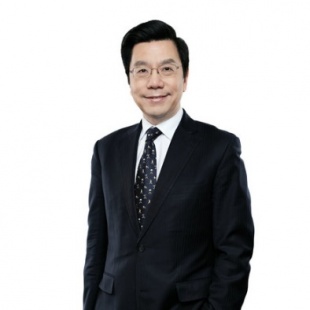A tale of two tech giants

The human element
Meanwhile, besides the development of AI technology, many are worried about a jobless future where robots, autonomous cars and machines will replace factory workers, shop cashiers and taxi drivers.
Just like what happened to workers during the industrial revolution two centuries ago.
Various reports and studies say that at least 20 percent to nearly half of the human workforce is at risk, and Lee said that AI will be able to perform 40-50 percent of human jobs in 15 years in a talk in Beijing last month.
But Lee is a half-glass-full kind of person.
"There's one thing AI cannot replace-it cannot love," he says.
"It cannot show empathy, trust, respect, so it cannot do jobs involving social interaction."
It sounds like a simple truth, but Lee learned the lesson the hard way.
Lee was a workaholic. He used to work day and night, replying to emails, attending meetings, giving speeches and writing blogs.
"I even planned for an important meeting while waiting for my daughter's birth outside the delivery room," he recalls.
The meaning of life dawned on Lee when he was diagnosed with lymphatic cancer in 2013.
The fear of death made him rethink his way of living and realize the most important thing in life is not about being productive.
"Instead, it is about giving love to families, friends and others, and that's the strength of being human," he says.
"AlphaGo can beat human players, but it cannot experience happiness, and it doesn't have the longing for a hug after a victory."
In the book, Lee suggests that people focus on jobs that requires empathy, such as nursing, social work or elderly care, or work that demands creativity, such as art, teaching and writing.
He says that by doing monotonous and repetitive work, machines with AI technology can buy humanity more time to pursue the meaning of life.
"Looking back at the 34 years in my pursuing AI technology, I'm proud to see AI is creating immense value, changing business and the world, but I don't think that machines can finally replace human brain like I did at the age of 21," he writes.
"And I started to believe that our most valuable part is not brain, but heart."
Contact the writer at [email protected]





































